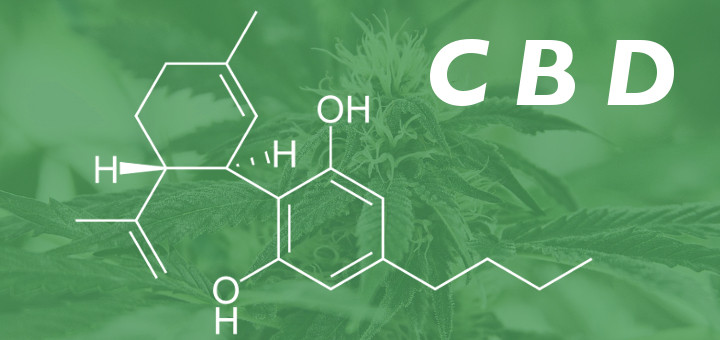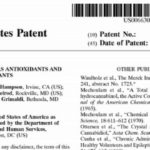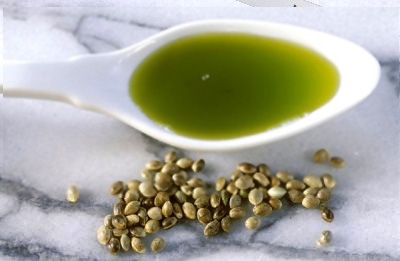Cannabidiol (CBD) and tetrahydrocannabinol (THC) are the two most abundant cannabinoids found naturally in hemp.
Classed as phytocannabinoids (as opposed to endocannabinoids and cannabinoids that are manufactured artificially), both CBD and THC interact with specific cells mainly in our brains (but also in other organs), causing a number of different effects in our bodies.
Both CBD and THC have a wide range of applications and are similar at the molecular level. This has led the public to often confuse them, and even the scientific community believed that CBD and THC were in fact the same substance until relatively recently.
However, the chemical properties of CBD and THC vary widely enough to classify THC as a psychotropic drug strictly controlled by federal authorities, while CBD is regarded as legal and safe worldwide.
CBD is legal worldwide (a controlled substance in Canada alone?). There is a lot of misinformation surrounding CBD, partially because its chemical properties are poorly understood and partially because of its close resemblance to THC.
Until relatively recently (1980s), scientists believed that CBD was a natural precursor to the formation of THC, and since THC was a strictly controlled substance back then (it still is), it only followed that CBD should be equally strictly regulated.
However, CBD is actually unrelated to the chemical chain that results in THC. They share some characteristics but are created via different paths. Again, unlike THC, CBD is considered a legal dietary supplement and is safe to consume in any amount and concentration.
While CBD is completely separated and isolated from THC and CBD cannot get you “high,” there is still a lot of stigma as many people tend to mistake CBD for THC. These fears, though unfounded, are understandable to an extent, especially since the terminology surrounding CBD can be very confusing.
Nonetheless, it is impossible to get “high” by smoking or ingesting CBD-high hemp (that has only traces of THC), as it is also impossible to get high by consuming CBD oil products (that contain no THC at all).
Unfortunately, there is a lot of misinformation and confusion among the mainstream surrounding the CBD and THC substances, propagated in part by interests that seek to promote one substance over the other.




